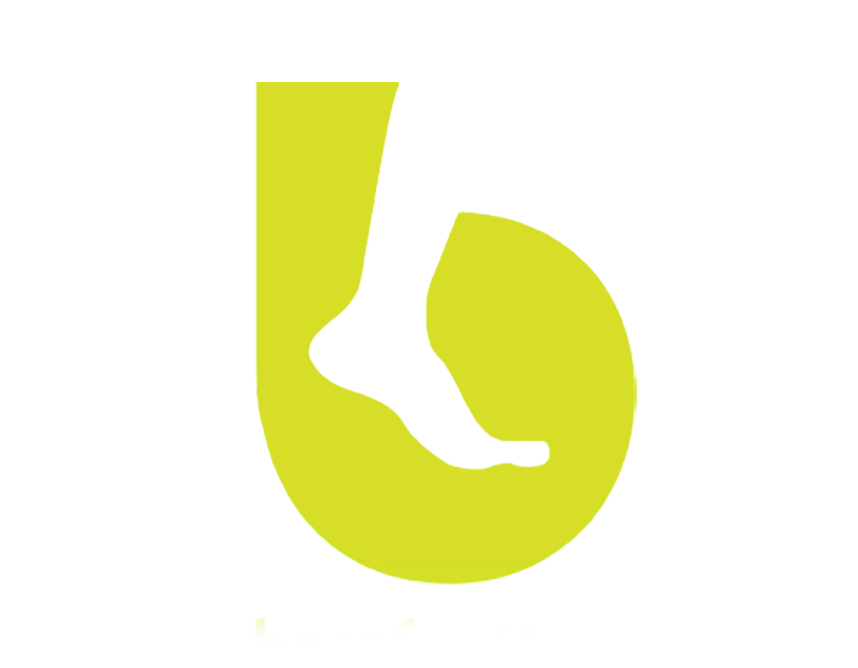Revisiting Outreach Strategy to Facilitate Impact and Scale
It is no secret that the effects of Covid-19 have been colossal to the operations of many organisations. Many have had to completely halt their critical activities while others, forced to revisit strategy. However, the pandemic has also presented an opportunity for innovation.
BarefootLaw has been no visitor to these changes – halting critical activities, rethinking strategy, and innovation. One key area was the system rollout and community outreach under LEWUTI (Legally Empowering Women Using Technology and Innovation) whose implementation, as originally envisioned, was impeded due to the restrictions on public gatherings.
Currently implemented in northern Uganda (Gulu district), with support from Enabel under the Wehubit program, LEWUTi mobilizes the use of digital solutions and mediation to overcome barriers of geography, knowledge, and cost to deliver access to justice to women. The digital part was not as challenging to continue with, because it is the core of our work. We employed radio, our free SMS, and call-in tools to continue reaching our beneficiaries in the safety of their homes. However, because the non-digital and traditional methods of communication, such as outreach programs, play a significant role in disseminating legal information (not forgetting the intimacy of seeing the people we serve), the numbers on the digital platform started deteriorating. We were forced to go back to the drawing board.

‘‘We met with a representative from the District Local Council who expressed that the communities were (still) in need of the legal sensitisation. The specific note was that, the lack of knowledge on rights, lack of adequate avenues to access justice kept people, specifically women, was a major hinderance for them to fulfill their potential and enjoying their rights,’’ said Michael Kwizera, BarefootLaw’s Director of Strategy & Partnerships, and Project head of LEWUTi.
Revisiting the outreach strategy
The team quickly re-aligned our approach to accommodate the Ugandan Ministry of Health directives, all while ensuring our set targets were being achieved. We zeroed down to these three goals;
1. To protect the health and safety of the community and our staff;
2. To comply with the government and BFL SOPs on public gatherings;
3. To be complete and correct in delivering the desired outcome of the project activity, as envisioned.
‘‘After an initial assessment was made to establish working mechanisms for the resumption of safe, effective, and efficient outreaches within the communities, BFL’s new modes of work included decentralized outreaches which mainly comprised of community mediators, strict adherence to health and safety SOPS, working with community partners to mobilize participants and assist in the implementation of our outreaches,’’ Kwizera adds.
Challenges Faced
The project was faced with a major challenge of how to manage the community sensitisation while maintaining the health and safety guidelines of the Government and other organisational SOPs. Many did not believe in COVID-19, some deemed it as government propaganda and an “urban” disease.
Kwizera adds that this was anticipated, therefore they restricted the sessions to a maximum of 35 participants – amply social distanced- kept them very localised for each community such as to limit the amount of travel of community members and provided PPE (masks) for every participant who attended.
Other challenges included the logistical challenge in reaching far out into the communities to meet the people. The decentralisation of outreaches meant going much further into the communities. Where previously it was possible to meet large communities at the sub-county level, we now had to extend our reach much further to the village level.
This was mitigated by mapping out our outreach movement to maximise the time our teams were out in the field, prioritising the most distant communities first, to ensure that they were all reached.
Outcome
With this decentralized approach to outreaches, we managed to hold a record of one hundred and eight (108) outreach programs in 108 different villages throughout Gulu district. Over three thousand and six hundred (3622) people turned up for the sensitisation programs, 84% of whom were women. An eye opener for us was that women at this level were not allowed to travel to trading centres and attend outreaches. Working with smaller groups at a time enabled more interactive sessions to take place and even more rural communities to be reached. The multiplier effect that we achieved goes to show that despite the odds stacked against us, we can continue probing for new and even far more effective systems.
One of the project’s community mediators, Ronald Okello, narrated, “ I was not aware of the many cases of gender-based violence present in the community where our sessions took place, but I am glad the sessions sensitised these women on how they could seek help from BarefootLaw when facing various forms of injustice. It also opened my eyes to what was taking place and caused me to be more alert about what was going on within this community. BarefootLaw has allowed others like me to be pillars of peace by equipping us with easy ways to access information on several constitutional rights.”
Way forward
The most important new idea was the validation of a decentralised model of community outreach, where working with smaller groups allowed for a more interactive session with the women participants and it enabled more rural communities to be reached, which would have otherwise been missed when the model in action was mass gatherings. It was reassuring to observe that our voice system was very useful in providing them with easy access to simplified information, and quick avenues to legal help.
‘‘It was also a validation of the ability to achieve safe and successful community outreaches despite the COVID-19 pandemic and the restrictions it has occasioned,’’ Kwizera tells.

